Nurturing Success: The Inspiring Journey of Mr. Okou Thomas Traoré
In the ever-evolving world of agriculture and projects, it's crucial to navigate the current climate challenges and other issues while maintaining the strive for excellence.
In an interview with GIMI, Mr. Okou Thomas Traoré, Director of Plantation Development at Africa West Industries in Côte d'Ivoire, shared his double experience of training at Galilee International Management Institute (GIMI).
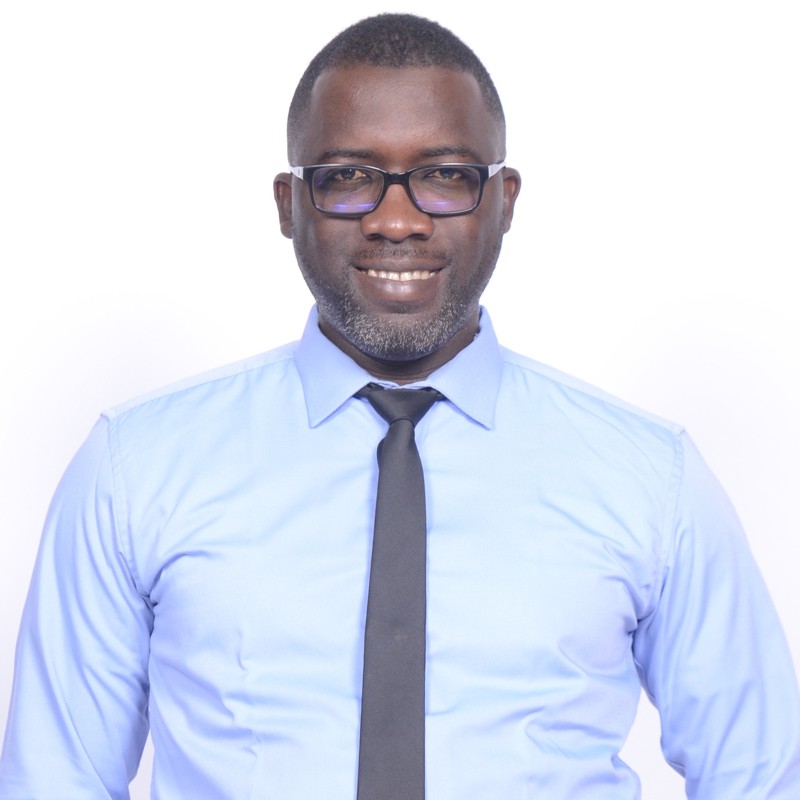
Indeed Mr. Traoré engaged in two distinct training programmes at GIMI, marking pivotal milestones in his professional journey. In 2017, he explored the world of Project Management, while in 2018, he discovered the intricacies of Agriculture in the Era of Climate Change. These experiences enabled Mr. Traoré to cultivate a global perspective and acquire crucial practical skills. Here is his testimony.
My Experience at GIMI
I particularly appreciated GIMI's training methodology as it seamlessly combines:
Classroom sessions: These focus on theoretical concepts and engaging discussions, I enjoyed how they were conducted and the quality of content. These highly informative sessions provide participants with the opportunity to fully express themselves with confidence on topics related to the modules covered and align with their real-world experiences.
Field visits: These not only cover the concepts discussed in the classroom but go far beyond. These visits connect us with professionals from the economic, agricultural, and industrial sectors who excel in their respective fields. Such experiences help us establish valuable connections that can extend beyond the training period.
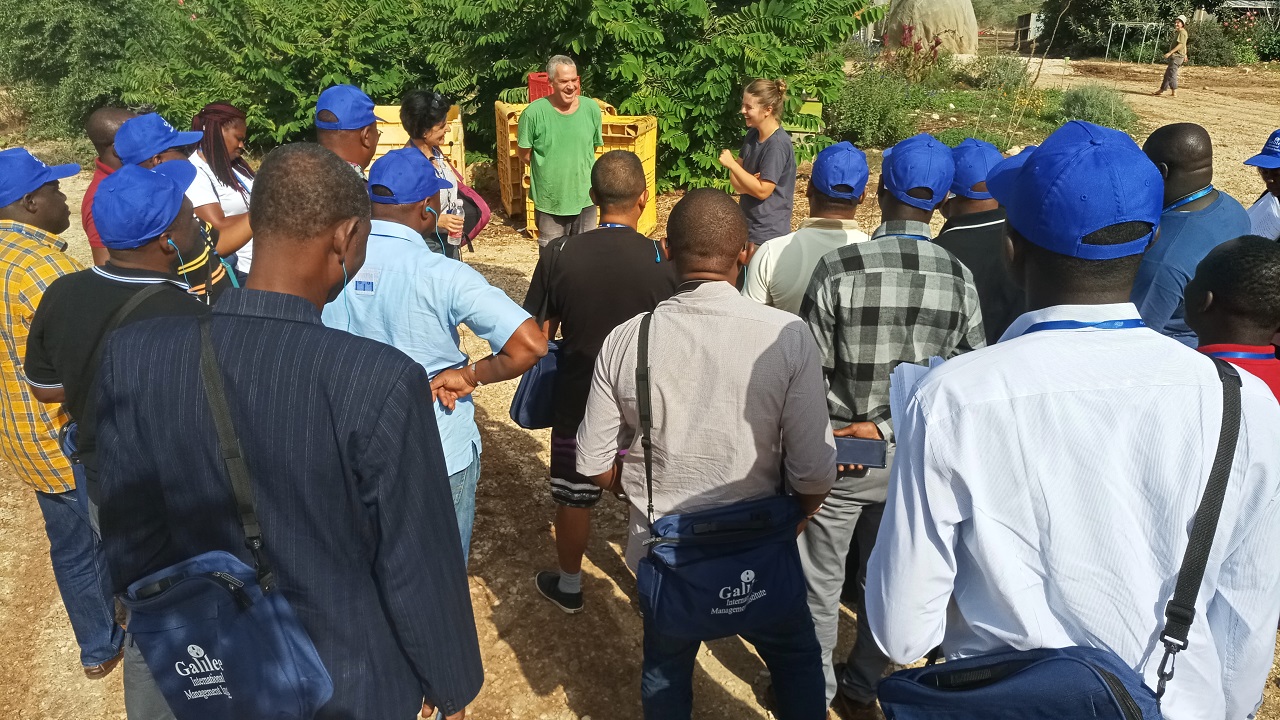
Touristic (and religious) excursions: They truly unveil Israel's potential and splendour in all its dimensions!
Training in Agriculture in the Era of Climate Change
This course enabled me to witness the high-level resilience and productivity of Israeli agriculture. Indeed, I really came to realize the precision and professionalism with which Israel manages its available natural resources, particularly water.
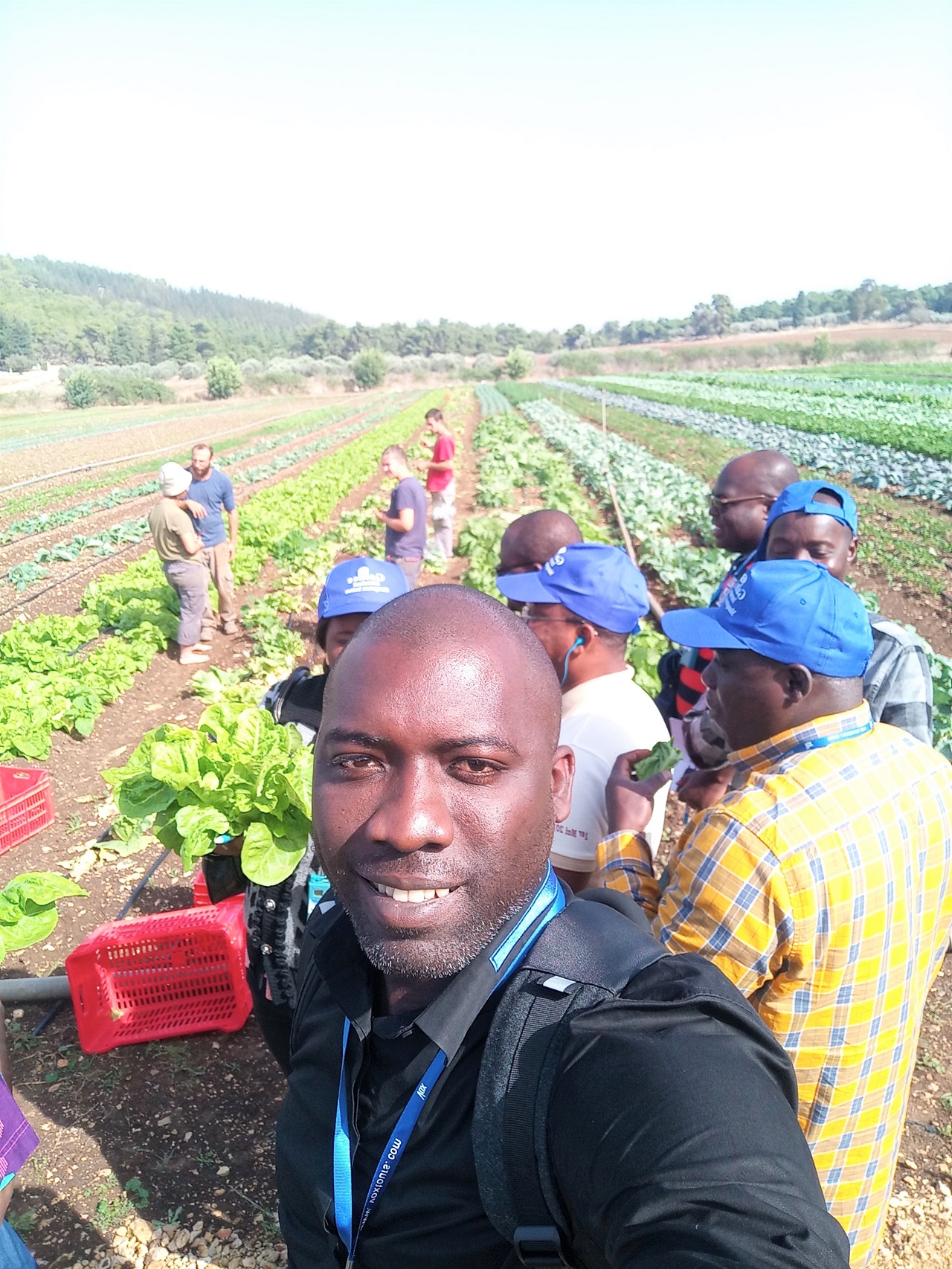
In the desert, I witnessed the cultivation of vegetables, fruits, and other crops with agricultural yields so remarkable that they almost reach the inherent production potential of these crops. This stands in stark contrast to our local reality, where despite more favourable climatic and soil conditions, our yields remain low. This disparity could inevitably amplify the risks associated with food security.
Inspired by these discoveries, I subsequently embarked on a mission to advocate for the enhancement of agricultural productivity for crops in Côte d'Ivoire. With great determination, I designed and implemented a project named "PAVAP", which is a Value-Added Support Programme for Producers.
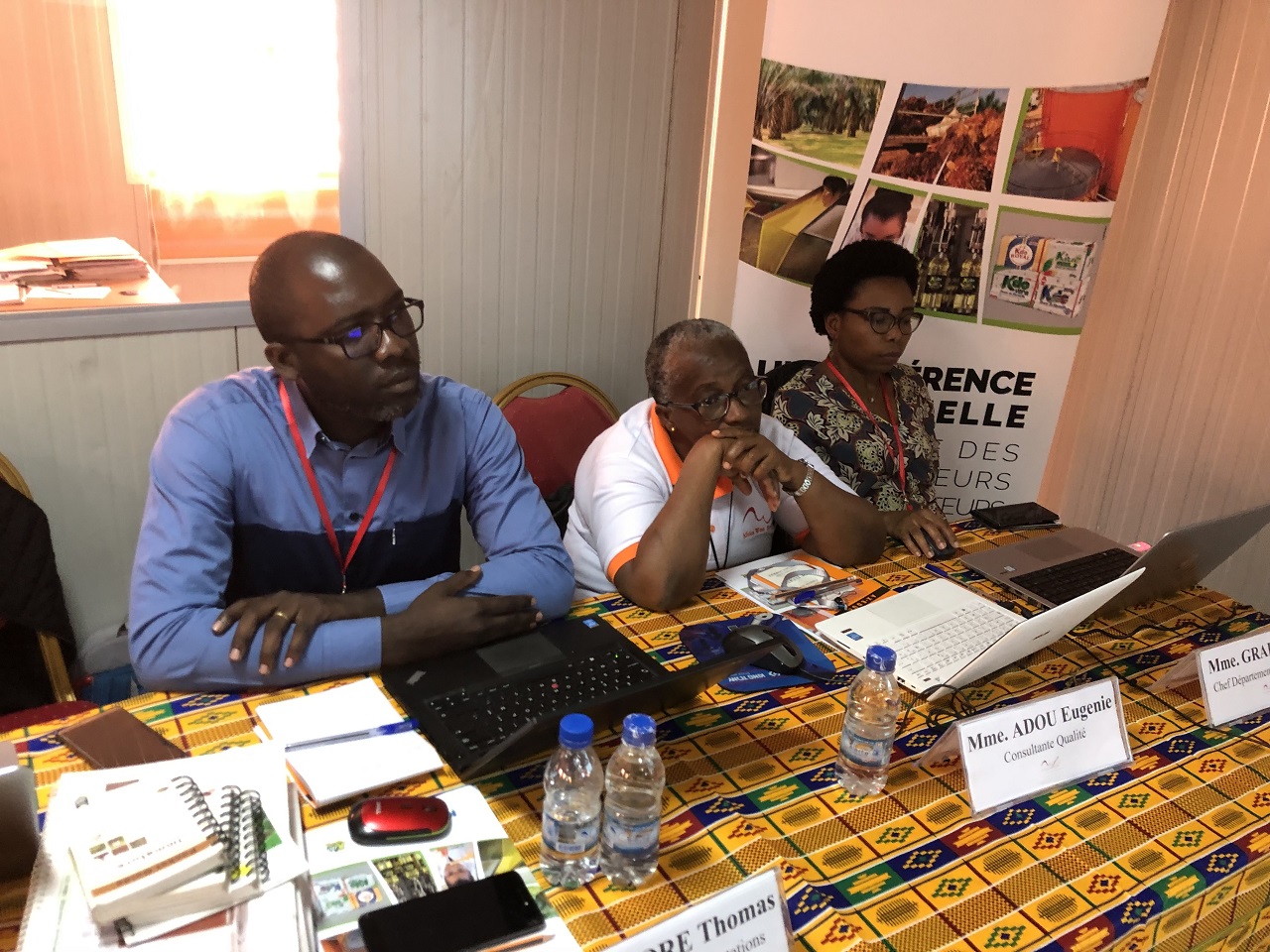
As the name suggests, this programme is initially geared towards significantly improving the productivity of income-generating crops for the producers who supply us with raw materials. This is achieved through the implementation of sound agricultural practices. Furthermore, another main aspect of the programme involves diversifying activities by producing food commodities.
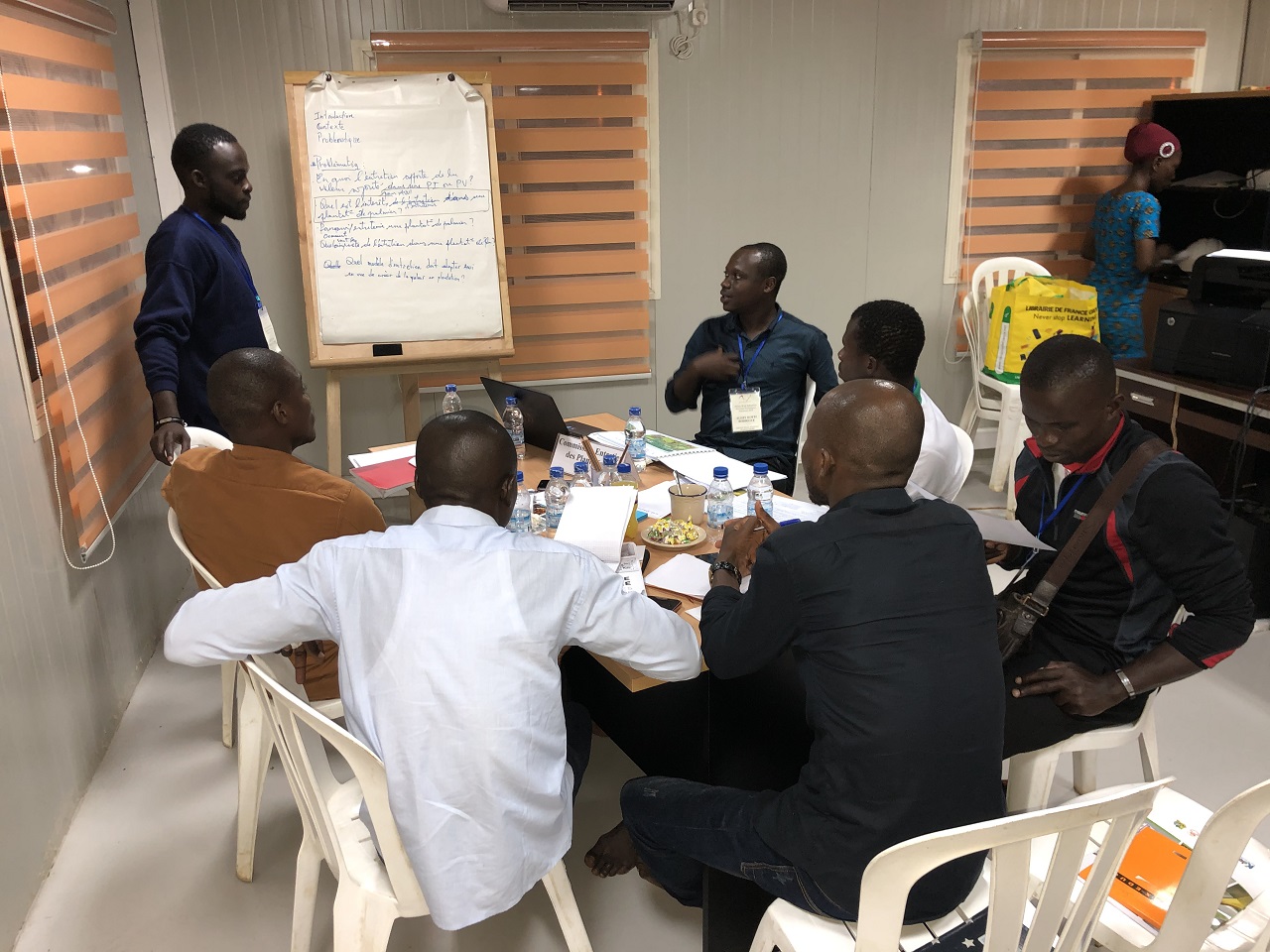
During the pilot phase, we managed to increase agricultural yields for the farmers under our guidance by approximately 25%, without resorting to the use of fertilizers, which will be introduced in the second phase. This achievement distinctly showcased that maximizing the potential of crops isn't solely dependent on the application of fertilizers, contrary to what is often assumed within the local agricultural community.
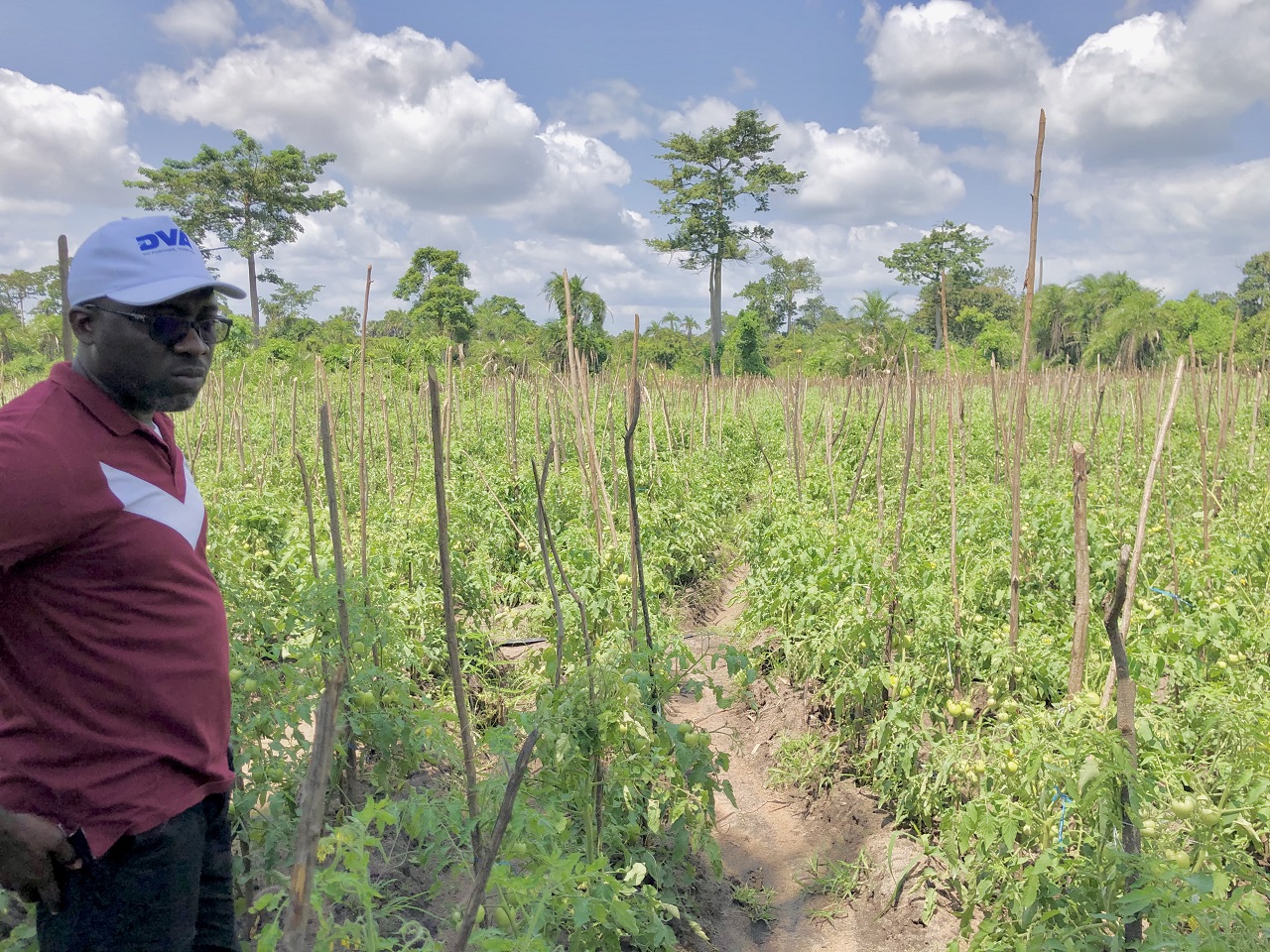
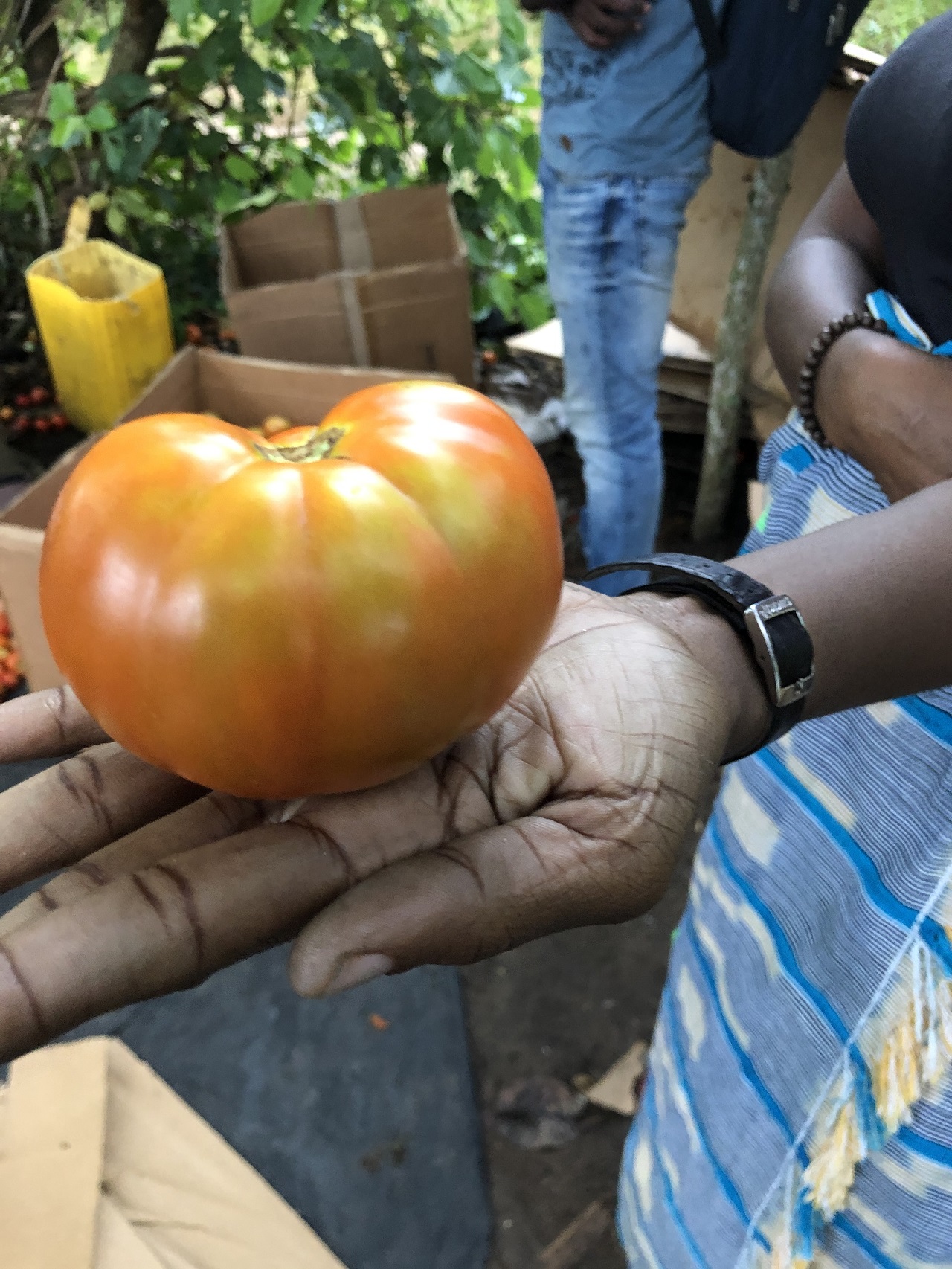
The Art of Project Management
Through the PAVAP project, I was able to showcase the skills I had recently acquired during the Project Management programme at GIMI. This project aims to address the critical needs of value chain stakeholders – agricultural workers (both women and men), producers, and supervisors.
This initiative demanded meticulous planning of human, material, and financial resources. Furthermore, we had to consider timelines to ensure improved productivity among the involved stakeholders and ultimately reduce production costs. To further develop this initiative, we recruited and trained personnel.
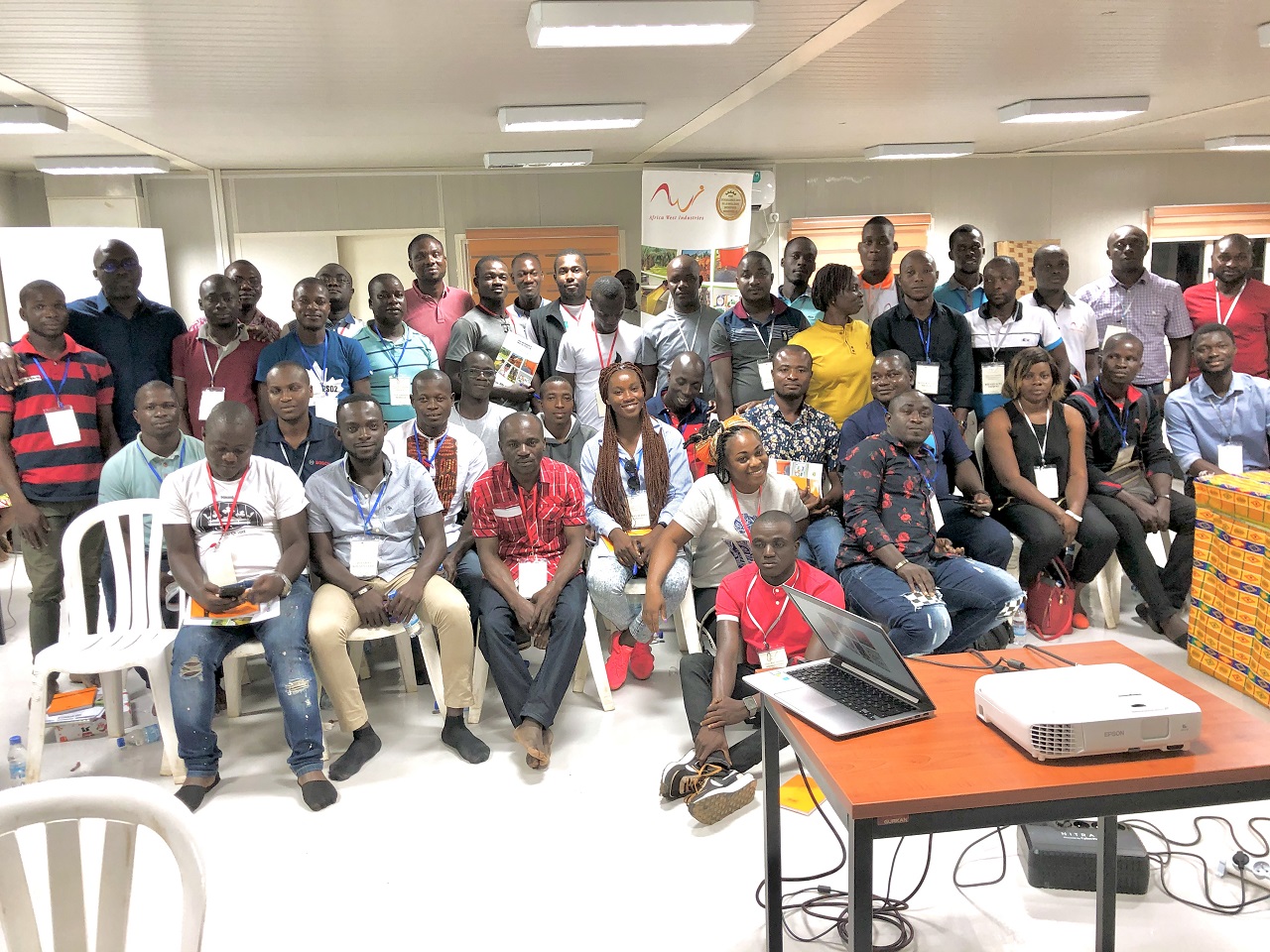
In the meantime, I gradually advanced in my career, transitioning from the role of Plantation Development Engineer to that of Head of the Agricultural Department. Today, I hold the position of Director of Plantation Development since 2020. My role entails designing and implementing the Africa West Industries (AWI) group's agricultural strategy by ensuring its practical implementation in the field.
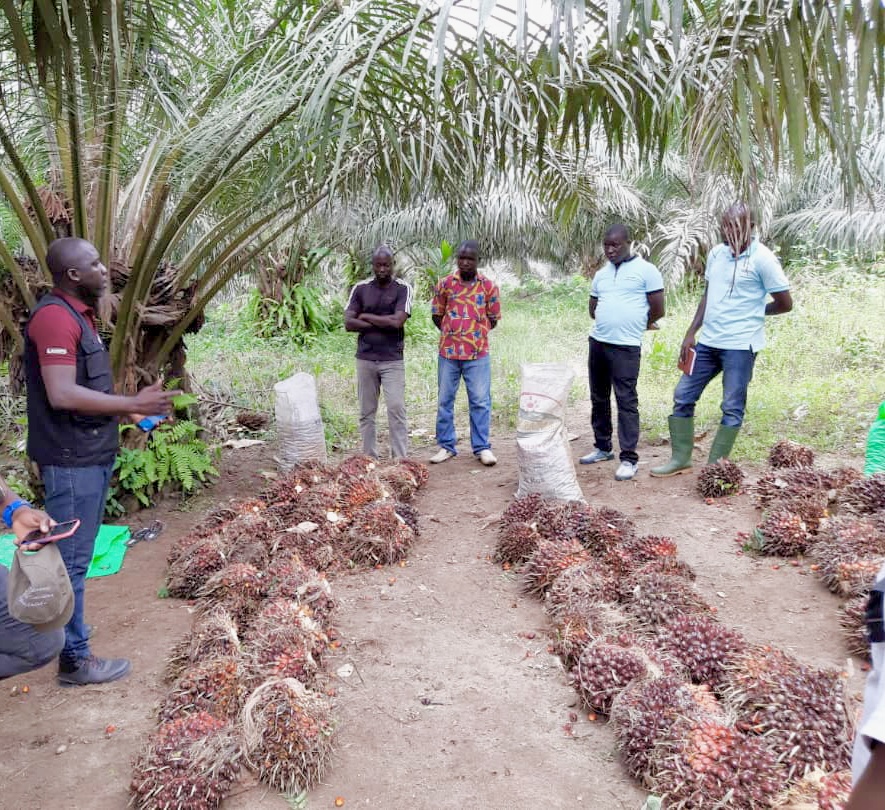
Furthermore, I was struck by Israel's capacity for innovation through visits to the Israel Innovation Authority and various private entrepreneurs who, sometimes with limited resources, produce exceptional results. I was particularly captivated by the concept of Inclusive Innovation discussed during this training course.
I went on to found AIAM (Afrique Innov’Actions Multiservices), a young company whose goal is to introduce and adapt methods, tools, and technologies observed from around the world, especially in Israel. The overall aim is to contribute to more efficient agriculture in Côte d'Ivoire and Africa.
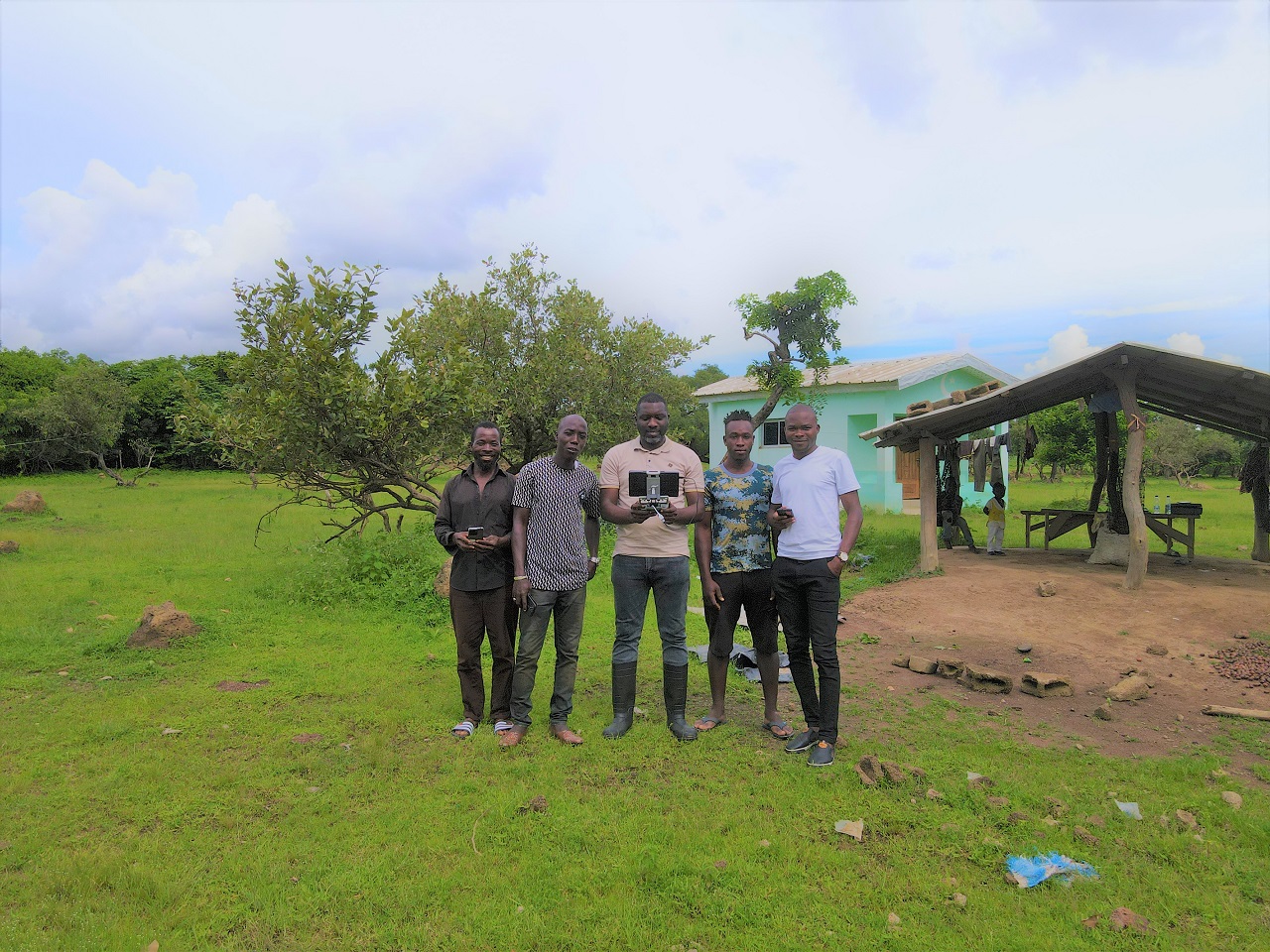
This initiative has directly resulted in increased income for the producers. It's a wonderful journey marked by challenges, but we approach them armed with what we learned in our training, our model, and our determination.
I would like to express my gratitude to the entire GIMI team, who spared no effort to provide us with a conducive and enjoyable learning environment.
Even today, Galilee Institute continues to support us through its extensive network of alumni. It's a real family, and I'm delighted to be a part of it.
Fostering Change and Achieving Success through Education
Mr. Okou Thomas Traoré’s story is a powerful testament to the impact of a diverse and challenge-focused education. His experience at GIMI strengthened his vision of sustainable agriculture and effective project management.
His efforts to transform agriculture in Côte d'Ivoire show that with education, determination, and innovation, significant achievements are within reach.
His story inspires us to embrace change and create a better future for agriculture and projects in Africa and beyond.
We wish him continued success and sincerely thank him for his valuable insight.

